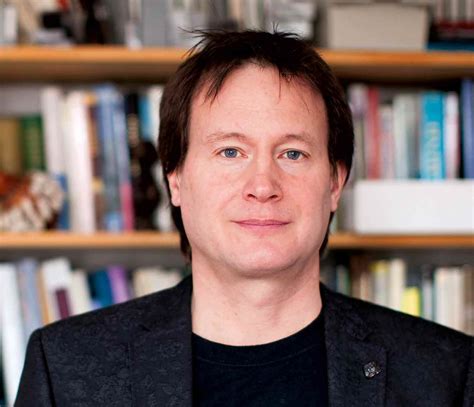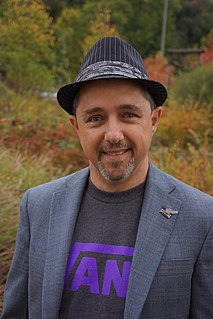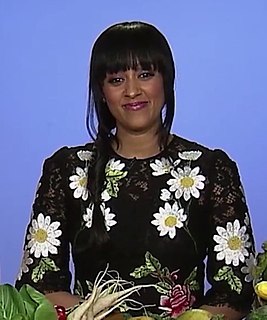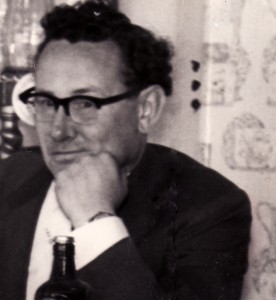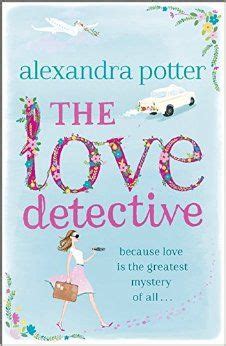A Quote by Emily Giffin
And then there is our personal history. Memories only we share. Things not another living soul would understand.
Related Quotes
Our self illusion is so interwoven with personal memories that when we recall an event, we believe we are retrieving a reliable episode from our history like opening a photograph album and examining a snapshot in time. If we then discover the episode never really happened, then our whole self is called into question. But that's only because we are so committed to the illusion that our self is a reliable story in the first place.
The history of a city was like the history of a family—there is closeness and even affection, but death eventually separates everyone from each other. It is only the vividness of memory that keeps the dead alive forever; a writer’s job is to imagine everything so personally that the fiction is as vivid as our personal memories.
The aggressive incoherence of our common surroundings can be described as entropy made visible. The way we have disposed things on the landscape leads us in the direction of disorder and death. They are categorically evil. These dispositions are destroying our only home-planet and other organisms that share it. They defeat our need to care about where we are and the things in place there. They prompt us to feel that civilization is not worth carrying on. They rob us of our identity and our will to live. These things are not about personal taste or style.
How it is that animals understand things I do not know, but it is certain that they do understand. Perhaps there is a language which is not made of words and everything in the world understands it. Perhaps there is a soul hidden in everything and it can always speak, without even making a sound, to another soul.
If one can understand why people behave as they do then often the road to forgiveness is opened. Not only is forgiveness essential for the health of Society, it is also vital for our personal well-being. Bitterness is like a cancer that enters the soul. It does more harm to those that hold it than to those whom it is held against.
Sin is a lonely thing, a worm wrapped around the soul, shielding it from love, from joy, from communion with fellow men and with God. The sense that I am alone, that none can hear me, none can understand, that no one answers my cries, it is a sickness over which, to borrow from Bernanos, “the vast tide of divine love, that sea of living, roaring flame which gave birth to all things, passes vainly.” Your job, it seems, would be to find a crack through which some sort of communication can be made, one soul to another.
I was remembering the things we had done together, the times we had had. It would have been pleasant to preserve that comradeship in the days that came after. Pleasant, but alas, impossible. That which had brought us together had gone, and now our paths diverged, according to our natures and needs. We would meet again, from time to time, but always a little more as strangers; until perhaps at last, as old men with only memories left, we could sit together and try to share them.
Of course, thanks to the house, a great many of our memories are housed, and if the house is a bit elaborate, if it has a cellar and a garret, nooks and corridors, our memories have refuges that are all the more clearly delineated. All our lives we come back to them in our daydreams. A psychoanalyst should, therefore, turn his attention to this simple localization of our memories. I should like to give the name of topoanalysis to this auxiliary of pyschoanalysis. Topoanalysis, then would be the systematic psychological study of the sites of our intimate lives.
Simple exchanges can break down walls between us, for when people come together and speak to one another and share a common experience, then their common humanity is revealed. We are reminded that we're joined together by our pursuit of a life that's productive and purposeful, and when that happens mistrust begins to fade and our smaller differences no longer overshadow the things that we share. And that's where progress begins.

